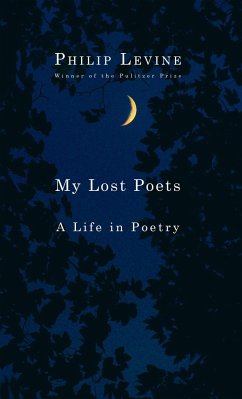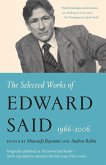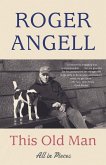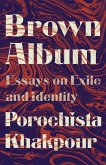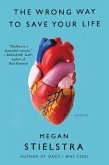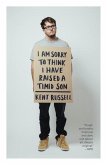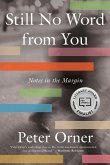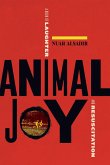Now in paperback: essays, speeches, and journal entries from one of our most admired and best-loved poets that illuminate how he came to understand himself as a poet, the events and people that he wrote about, and the older poets who influenced him. In prose both as superbly rendered as his poetry and as down-to-earth and easy as speaking, Levine reveals the things that made him the poet he became. In the title essay, originally the final speech of his poet laureate year, he recounts how as a boy he composed little speeches walking in the night woods near his house and how he later realized these were his first poems. He wittily takes on the poets he studied with in the Iowa Writers' Workshop: John Berryman, who was his great teacher and lifelong friend, and Robert Lowell, who was neither. His deepest influences--jazz, Spain, the working people of Detroit--are reflected in many of the pieces. There are essays on the Spanish poets he admires, on William Carlos Williams, Wordsworth, Keats, and others. A wonderful, moving collection of writings that add to our knowledge and appreciation of Philip Levine--both the man and the poet.

